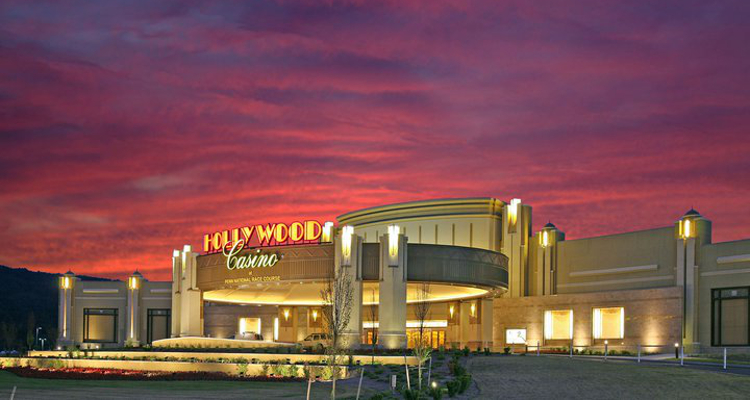Despite adjourning for the remainder of the year last week without approving a measure that would have reinstated a local share tax on casino revenues, a Pennsylvania legislator is advising potentially worried municipalities that they need not panic.
A measure passed in 2006 mandated that the eastern state’s twelve casinos sacrificed 2% of their annual gross slot revenues to the townships in which they are located. The legislation, which was contained in Senate Bill 862, additionally included a provision that mandated that this amount must be at least $10 million with operators required to make up any difference.
But, Mount Airy Casino Resort objected in court under the state’s “uniformity” clause as its 1,850 slots pulled in just $139.1 million last year, which meant that it was required to add $7.22 million onto its 2% tax of $2.78 million, and this equal taxation argument was subsequently upheld in September by the Pennsylvania Supreme Court. Realizing the significance of its decision to local budgets, the state’s highest court then gave legislators 120 days to come up with a solution although lawmakers then broke for their Christmas recess before passing any fix.
The Morning Call newspaper reported that Pennsylvania casinos will be permitted to stop paying their local share tax from January 26, which could create a shortfall in 2017 budgets for local communities totaling as much as $142 million, unless legislators come up with a fix.
“Any municipality preparing their budget can book the casino number they we’re expecting because it’s probable revenue,” said Pennsylvania State Senator Pat Browne, Chairman for the Pennsylvania State Senate’s Appropriations Committee and a tax attorney and accountant. “We may not have a deal before the court deadline but we’ll have it settled before they miss a check. I believe that.”
Browne told the newspaper that the Pennsylvania Supreme Court’s 120-day stay does not expire until after municipalities have already collected their fourth-quarter casino payments on January 15 while the first-quarter sum is not due until April 15, by which time he expects to have applied for a second deferment or worked out a solution that could set a flat fee of $10 million.
“Everyone understands how important this is to municipalities across the state,” Browne told The Morning Call. “We’re not going to leave them short.”
Browne’s reassurances have been welcomed by Robert Donchez, mayor for Bethlehem, which is home to the Sands Casino Resort Bethlehem from Las Vegas Sands Corporation. His city is one of 157 municipalities that benefit from the local share tax scheme and last year this accounted for a full 12% of its budget at $8.8 million with these funds subsequently used to fund everything from road-paving projects to law enforcement services.
“If our senators feel it will be resolved, then I believe them,” said Donchez. “I’m an optimist by nature. I’ll prepare the budget with the casino money in but I’ll have a backup plan just in case.”
However, officials in Dauphin County are not as convinced and this week agreed a memorandum of understanding with casino operator Penn National Gaming Incorporated, which runs the area’s Hollywood Casino At Penn National Race Course, that will see them collect $6.5 million through the first half of 2017 should the impasse in Harrisburg persist.
“We greatly appreciate Penn National Gaming Incorporated stepping up to the plate and voluntarily offering this memorandum of understanding to reassure our county and local municipalities and non-profit beneficiaries that the essential local share assessment funds will continue uninterrupted,” said Jeff Haste, Chairman for the Dauphin County Board Of Commissioners. “Hollywood Casino At Penn National Race Course has proven, time and again, to be a responsible business leader and economic engine in Dauphin County and we are grateful for our collective partnership.”



